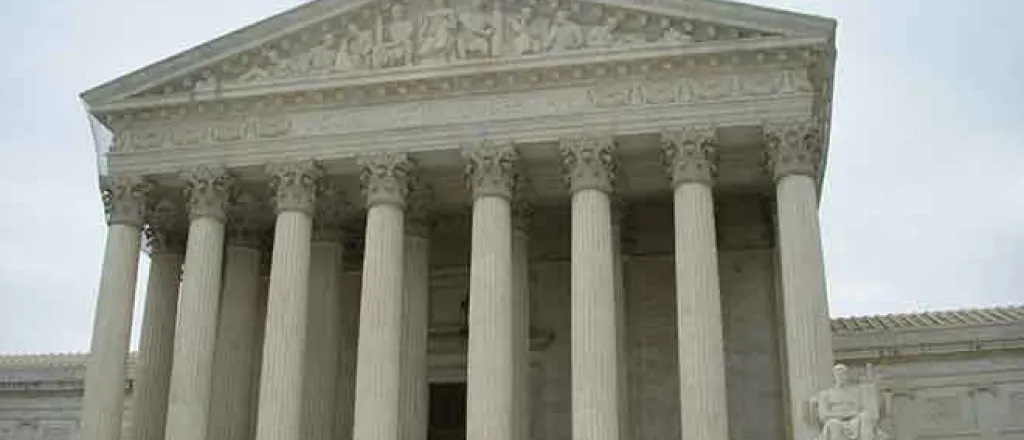
U.S. Supreme Court sides with school choice advocates in Montana case
(The Center Square) – In a case that school choice advocates have been following closely, the U.S. Supreme Court on Tuesday ruled that a Montana tax credit program that provides scholarship money to parents to send their children to private schools cannot exclude religious schools from the program.
"A State need not subsidize private education. But once a State decides to do so, it cannot disqualify some private schools solely because they are religious," Chief Justice John Roberts wrote in the majority opinion.
Roberts was joined by the state's other four conservative justices in the 5-4 decision.
The case in question, Espinoza v. Montana Department of Revenue, is considered to be a landmark religious liberty and school choice case dating back to 19th century law, which many argued is unconstitutional because it requires governments to prohibit public funding from being directed toward religious schools.
Montana was among many western states to adopt such an amendment after Congress stipulated in 1875 that doing so was a pre-condition of joining the Union. Montana joined the Union in 1889 after delegates to the 1889 Montana constitutional convention passed the Blaine Amendment to the state constitution.
In 2015, Montana launched a program that provides tax credits to individuals and businesses that donate to private schools. The donations then are used as financial aid for parents who can't afford to send their children to private schools but want to.
Shortly after the program was launched, the state barred any of the money from going to religious schools, citing the Blaine Amendment. But three families filed suit, challenging the decision.
The Montana Supreme Court eventually ruled the entire program was unconstitutional and struck it down. The decision was appealed the U.S. Supreme Court, which agreed to hear the case.
The Supreme Court on Tuesday sided with the families.
In a dissenting opinion, liberal Justice Stephen Breyer, said that the ruling upends 250 years of precedent.
"If, for 250 years, we have drawn a line at forcing taxpayers to pay the salaries of those who teach their faith from the pulpit, I do not see how we can today require Montana to adopt a different view respecting those who teach it in the classroom."
School choice advocates hailed the decision
“The weight that this monumental decision carries is immense, as it’s an extraordinary victory for student achievement, parental control, equality in educational opportunities, and First Amendment rights,” Jeanne Allen, the founder and chief executive of the Center for Education Reform (CER), said in a statement.
“For many families, Espinoza not only provides the potential for expanded opportunities for them to educate their children, including the choice of religious education, but also the right to decide what they believe is the most effective way to do so,” she added.
The Michigan-based Mackinac Center for Public Policy, one of several groups across the country to file an amicus brief in support of the parents who challenged the Montana ban, also celebrated the decision.
“The Supreme Court has torn down a wall that stood in the way of many families seeking choice in education,” Ben DeGrow, director of education policy at the Mackinac Center, said in a statement. “This is a major victory for families who wish to take charge of their children’s education, but Michigan families still face another hurdle. It’s imperative to take steps to ensure that Michigan’s students aren’t left behind.”

















